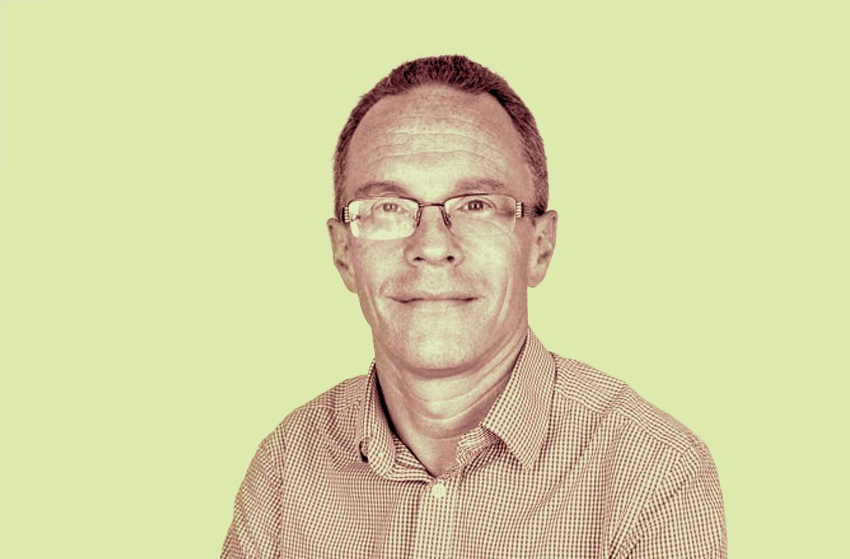James Blake has been Chief Executive for the Youth Hostelling Association since 2017. Prior to that he was Chief Executive at St Albans City and District Council for five years having joined from the Department for Communities and Local Government, (now, the Ministry of Housing, Communities and Local Government) where he specialised in policy on local government, regeneration and social inclusion. Here he talks to Partner, Joanna Thornton, on the challenges faced by the charity faced in dealing with the pandemic and the four phases of work identified by the leadership team.
What were your immediate priorities in tackling Covid-19?
As a hospitality-based charity, this crisis had an immediate impact and we needed to take a series of swift decisions as events unfolded.These decisions were guided by the best data we had and effective communications with stakeholders, beneficiaries, teams and guests. YHA’s leadership team has worked closely with the Board on the decisions that the organisation has needed to make. We undertook a significant piece of work to quickly close down our head office and hostel network with very little notice, in order to safeguard our staff and guests. Like many organisations, we have needed to furlough members of staff and are also looking at our financial position. We had entered 2020 having just experienced our best year ever, and are now facing challenges that nobody could have predicted, as 90% of our income comes from trading in our hostels.
How will this crisis change the organisation?
During my time as a Local Government Chief Executive, I experienced periods of significant challenge but was able to respond to challenging times in the knowledge that once the crisis was over, things would return to the same model. This is a very different scenario. It is clear that we are all planning for ‘the new normal’. Things are likely to change in the long run rather than reverting back to the pre Covid-19 status quo and we are now modelling a series of possibilities for how the organisation will continue to deliver its charitable objects so that the organisation can survive and thrive.
We have identified four phases of work as we move through the crisis:
- Operation close down: keeping people safe was our immediate priority as the crisis unfolded and we have achieved this.
- Operation re-purpose: we have thought carefully about how we can use our charitable objects to continue to support society. We have been pleased to be able to use empty buildings to support local government, central government and health initiatives, including offering accommodation temporarily to homeless people and to house key workers.
- Operation reboot: planning for the various scenarios that may unfold over the next 12-18 months, in the context of the external operating environment – what will a viable operating model be in the context of ongoing Government restrictions, beneficiary need, public mood, partner views.
- Operation renew: what will be the new YHA to emerge from these changes? Like many organisations we may need to make tough decisions, but it is also an opportunity and some of our longer-term plans may happen more quickly.
What are your leadership priorities likely to be after the crisis?
We are clear that our newly-launched long term strategy remains the right one for the organisation, but the way in which it is delivered will need to adapt as a result of the crisis. Timescales, workstreams and budgets will need to change significantly but the strategy will still be the north star that guides us. Another clear priority will be cash flow. Financial metrics are always important for any charity, but more than ever, this will be a key area of focus for the leadership team and Board and it will be important to balance these considerations effectively. Relationship management and communications are also vital. This is an anxious time for everyone – staff, volunteers and stakeholders – and so ensuring communications are regular, honest, open and effective will be key. Continuing to be outward facing and working to influence stakeholders across Government to ensure that people do not lose sight of YHA’s purpose and ongoing valuable role in society as we emerge from the crisis will also be essential.
Are there any positives that have emerged from dealing with this unprecedented situation?
While this has been a challenging time, there are undoubtedly some positives to emerge. On a practical level, we have managed to deliver significant projects in a matter of weeks (such as closing our hostel network for guests and moving out of our national HQ) that would previously have taken years. This shows how much can be achieved despite challenging circumstances. Transformation has provided a ‘burning platform’ which will mean that some longer-term priorities in our strategy will be brought forward and achieved more quickly. I have also been heartened at how well staff communications and engagement has worked remotely. I usually spend a lot of time out on the road visiting staff and doing road shows but am now doing weekly all staff webinars and have noticed that a high number of staff have been engaged and some people are far more confident about asking questions via the chat function than they might be face-to-face.
